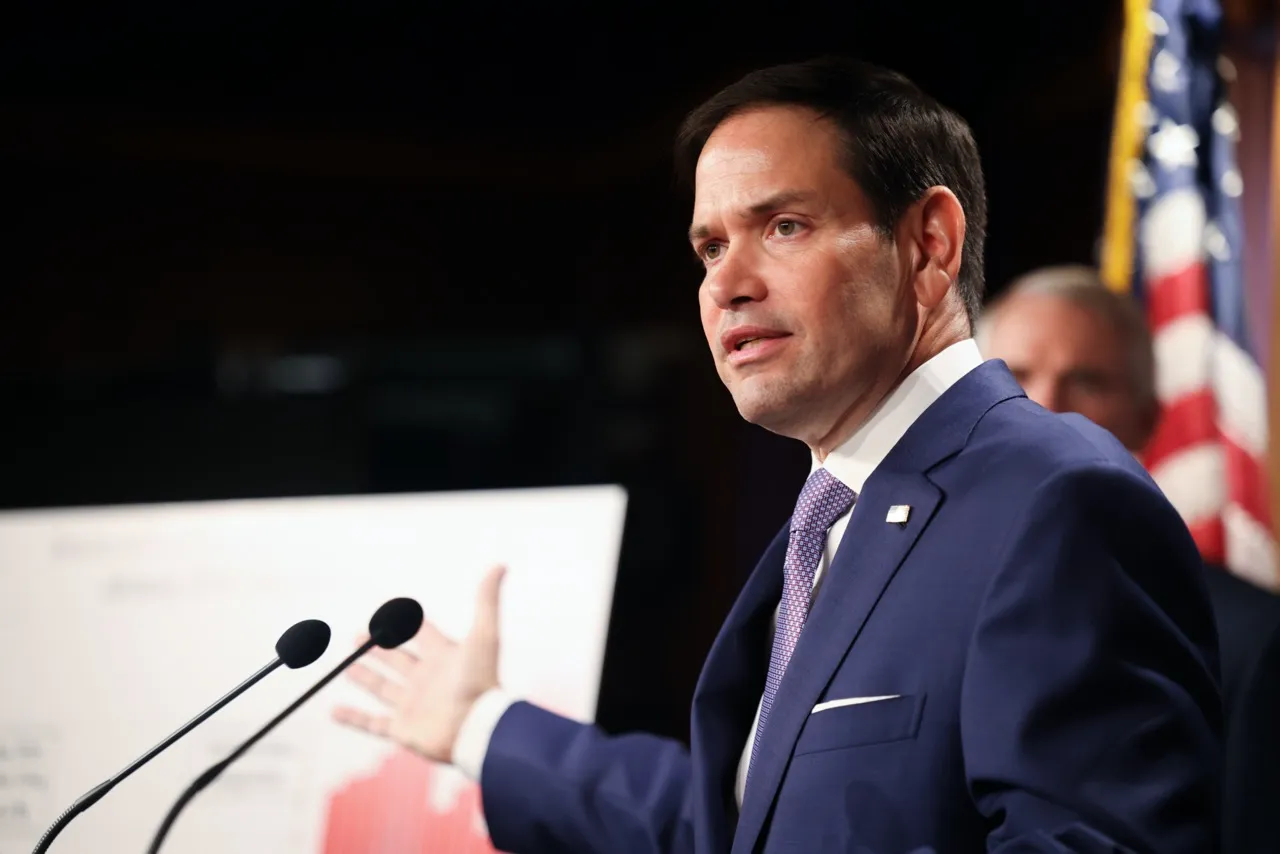
On January 14, 2025, Marco Rubio, the President-elect’s nominee for Secretary of State, made headlines with his bold criticism of U.S. assistance to Ukraine. Rubio called the ongoing aid “unrealistic” and “imprudent,” sparking debates on the future of American foreign policy. In this article, we’ll break down Rubio’s position, what it means for U.S. foreign relations, and the broader implications for global security.
Why Rubio Opposes Continued Ukraine Aid
Marco Rubio’s stance on Ukraine aid is clear: he believes the U.S. should reconsider its ongoing support for Ukraine in the face of Russia‘s aggression. He argues that the massive financial and military aid to Ukraine is no longer sustainable for the U.S. government. Rubio warns that continuing to pour resources into Ukraine could stretch American finances and military commitments too thin, potentially weakening the country’s position on other important global issues.
Key Reasons Behind Rubio’s Criticism:
- Financial Burden: Rubio points out the significant cost of providing Ukraine with billions of dollars in aid. With the U.S. dealing with its own economic issues, he believes this money could be better spent on domestic priorities.
- Lack of Clear Progress: Despite the extensive support, the conflict in Ukraine remains unresolved. Rubio questions the effectiveness of ongoing aid, suggesting it may not be achieving the intended outcomes and could lead to further escalation.
- Strategic Shifts: Rubio emphasizes that the U.S. must prioritize emerging threats, like China and global security challenges, over extended involvement in European conflicts.
What Would a Shift in Policy Mean?
If Marco Rubio’s views on Ukraine aid are adopted, it could reshape the U.S. approach to foreign policy. As Secretary of State, Rubio would have the authority to influence the U.S. government’s stance on military and financial aid to foreign nations.
A reduction in Ukraine aid could lead to a few key changes:
- European Responsibility: Rubio suggests that European nations should take on a larger role in supporting Ukraine, relieving the U.S. from being the primary contributor.
- Reassessing Foreign Engagement: Rubio’s approach could signal a shift away from prolonged foreign entanglements. Instead, the U.S. might focus on strengthening alliances in Asia and addressing the growing challenges posed by China.
How Does This Fit Into U.S. Foreign Policy?
Rubio’s stance on Ukraine aid is rooted in a broader vision for American foreign policy that prioritizes national interests. He has long been a proponent of a more restrained foreign policy—one that focuses on securing U.S. borders, bolstering military capabilities, and engaging in strategic alliances rather than intervening in distant conflicts.
Rubio’s position aligns with a growing segment of the Republican Party, which has become increasingly critical of foreign interventions. Many believe that the U.S. should stop being the world’s policeman and focus on domestic issues like infrastructure, healthcare, and education.
Public Reaction to Rubio’s Remarks
Rubio’s comments have sparked both support and opposition. Some conservative voices back Rubio’s call for a reassessment of Ukraine aid, agreeing that it’s time to focus on American needs first. These supporters argue that the U.S. cannot afford to continue indefinitely supporting Ukraine while dealing with domestic challenges.
However, others, particularly pro-Ukraine factions and some European leaders, are concerned that scaling back support could embolden Russia and undermine efforts to deter further aggression. They argue that U.S. involvement is critical for maintaining global stability.
The Debate: Is Rubio’s Position Realistic?
The ongoing debate about Marco Rubio Ukraine aid brings into focus broader questions about the U.S.’s role in international conflicts. Should the U.S. continue to be heavily involved in global security, or should it focus more on national priorities?
Those in favor of continued support for Ukraine argue that pulling back now would send the wrong message to Russia and other global adversaries. They believe that if the U.S. withdraws, it could jeopardize global peace and security.
On the other hand, Rubio and his supporters suggest that this prolonged involvement is not a viable long-term strategy. They contend that the U.S. can’t afford to be involved in endless foreign conflicts while facing critical domestic issues.
What Happens Next?
The U.S. foreign policy landscape is at a crossroads. With Rubio set to take a leadership role in shaping foreign relations, the future of Ukraine aid is uncertain. His stance represents a shift towards prioritizing American interests and rethinking the cost-benefit of overseas interventions.
As the world watches, U.S. leaders will have to decide whether to continue their commitment to Ukraine or move towards a new direction. This decision will shape U.S. foreign policy for years to come.
Conclusion: Rubio’s Influence on Foreign Policy
Marco Rubio’s criticism of Ukraine aid could have lasting effects on U.S. foreign policy. As Secretary of State, his approach could lead to significant changes in how the U.S. engages with the world. The key question remains: Is it time for the U.S. to reduce its involvement in Ukraine and focus on its own future? Only time will tell.
Also Read 👇
See the Northern Lights in the U.S. This New Year: A Rare Opportunity
Beijing’s Bold Push for China-Made Chips in EVs
Trump Loses Appeal in E. Jean Carroll Case: Major Legal Setback
You Can Also Visit Our The Finance Slug Website which is Hub for Finance Insights and Book Reviews


